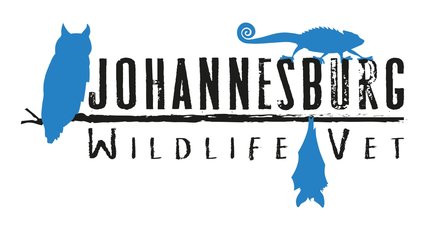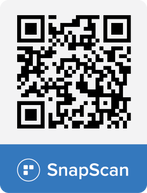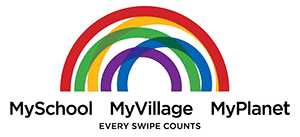|
This Cape Fox (Vulpes chama) was illegally kept in a domestic environment with dogs (the member of public also incorrectly identified her as a black-backed jackal). She was unfortunately bitten by one of the dogs, and was taken to Fourways Vet Hospital where she was stabilised and subsequently transferred to us. She had made a complete recovery and is now well on her way to being released.
We treat indigenous animals free of charge, relying solely on the donations and support of our community. Pic: Ashleigh Pienaar GENET BABIES: These juvenile Large-spotted genets (Genetta tigrinas) are currently in our care and are being raised for their eventual release. The two oldest ones are siblings that fell out of a palm tree in Bryanston. We then received another genet baby found in a hollow stump after a tree was cut down. While hours were spent for a few evenings, waiting for their respective mothers to collect them, our reuniting attempts were not successful. Our latest genet patient was surrendered after its siblings were aspirated from being incorrectly fed and illegally kept by a well meaning member of the public.
Ranging from 4 to 9 weeks in age, they are powering through their special milk formula! The two older genets are being introduced to natural food sources while they are being weaned. Our sincere thanks to their primary carer, permitted wildlife rehabiliator, Michelle Watson, for her dedication and numerous hours she has spent giving specialist care to these orphaned genets. Johannesburg Wildlife NPC FNB Cheque account Account nr: 62658400264 Branch code: 255355 Reference: genet Swift code: FIRNZAJJ Nominate us to win a share of 2.1 million with #MySchool21 HERE: https://bit.ly/2RrF6sF We treat indigenous animals free of charge, relying solely on the donations and support of our community. Pics: Sarah Kempen & Ashleigh Pienaar After sharing how we use the F10 germicidal treatment shampoo, we were the lucky recipients of a F10 Products Manufacturer Page product bundle! Our sincere thanks to the F10 team - we frequently use your range of products and this generous donation is greatly appreciated.
We treat indigenous animals free of charge, relying solely on the donations and support of our community. As we enter our second year of serving urban wildlife, we are grateful to have additional enclosures to temporarily house our patients before their next step in the release process. Before they're ready for use, however, we need to cover the bottom of the cages with soil. If you have any (untreated, pesticide free) sand/soil that you are able to donate or provide to us at a discount, please get in touch: jhbsmallwildlife@gmail.com We treat indigenous animals free of charge, relying solely on the donations and support of our community. Nominate us to win a share of 2.1 million with #MySchool21 HERE: https://bit.ly/2RrF6sF VOLUNTEER DAY: We’re celebrating the hardworking, tireless team that are relentless in the support of our hospital. For all the late night emergency calls, for all the road trips to all sorts of destinations to collect animals, for the countless hours spent cleaning cages, setting up cages, feeding and assisting our specialist team with treatments. For the hours spent on paperwork, taking photos, writing posts, getting back to members of the public who have dropped off injured wildlife. For all the effort spent round the clock on neonate and critical cases, the late night feeds, the money spent on food and enrichment for our patients. For the hours, care and money taken to print pamphlets, sitting at a stand, educating members of the public and fundraising. This day is for you!
Due to the specialist nature of our clinic, our volunteers are EXTRA special, most having many years of rehabilitation experience, being permitted by GDARD to work with urban wildlife, and many in the process of obtaining vet and vet nursing qualifications. We’re proud to call you our team, and thank each and every one of you for your time, money and care given to our hospital and our patients. Happy International Volunteer Day! We treat indigenous animals free of charge, relying solely on the donations and support of our community. Pics: Sarah Kempen A while back we asked if you would consider supporting our African clawless otter (Aonyx capensis) by sponsoring a meal. We were lucky enough to receive enough funding to sponsor her milk for a month! Thank you to everyone who contributed to her care. She is growing fast and reaching all her developmental milestones.
She is now not only enjoying her special milk formula (and almost able to hold her own bottle!), but is also beginning to eat an indigenous fish, Tilapia. If you would like to sponsor this for her, we'd love to hear from you. For the original post, click here: https://www.facebook.com/1413097125375104/posts/2559325380752267/ Nominate us to win a share of 2.1 million with#MySchool21 HERE: https://bit.ly/2RrF6sF We treat indigenous animals free of charge, relying solely on the donations and support of our community. Pic: Sarah Kempen This Tree squirrel (Paraxerus cepapi) suffered aspiration and subsequently contracted pneumonia as a result of incorrect feeding by a well meaning member of the public. After being stabilised at Bird and exotic animal hospital at Onderstepoort, he was brought to us for rehabilitation and preparation for his eventual release. He has been thriving on his milk formula, has been introduced to natural food sources and is ready to go to his prerelease enclosure, before he is released to live as intended, in the wild.
Thanks to primary carer, and permitted rehab volunteer, Ashleigh Pienaar, for her dedication to his care. We treat indigenous animals free of charge, relying solely on the donations and support of our community. Pic: Sarah Kempen These two White faced owls (Ptilopsis granti) were brought to us after being under threat on a property with large dogs. While it would have been ideal for them to remain near their nest until they were ready to fledge, despite our best efforts, it was not possible to keep the owls on the original property or one nearby.
They've subsequently learnt to identify natural food sources, and once identifying SAFRINGs have been placed on them, they will be released into a suitable environment. Johannesburg Wildlife NPC FNB Cheque account Account nr: 62658400264 Branch code: 255355 Reference: owl Swift code: FIRNZAJJ We treat indigenous animals free of charge, relying solely on the donations and support of our community. Pics: Marina Davis & Ashleigh Pienaar This week we’re sad to bid farewell to a phenomenal vet and friend to our hospital. Cristina, thank you for your selflessness, dedication, care, commitment, patience and unrelenting support for our hospital, the volunteers and staff, as well as our patients. Your passion toward wildlife shone through in the meticulous care you gave to each and every patient. Thank you for generously giving of yourself, often last minute. We’re sincerely grateful for you, and the difference you’ve made in our hospital.
We’re going to miss you greatly! We’ll always be your South African family, and you’ll always have a place at our hospital. We know that wherever you work or volunteer next will be incredibly lucky to benefit from your expert knowledge and passion, as well as from a friendship filled with the best sense of humour! A few weeks ago, we introduced you to one of our Spring babies, a tiny Steenbok (Raphicerus campestris). Another Steenbok has subsequently arrived, and unfortunately, could not be reunited with his family either. These two are thriving on their milk formula, and are beginning to enjoy browse too! As soon as they are weaned, they will be placed in a prerelease enclosure for their ultimate release.
Johannesburg Wildlife NPC FNB Cheque account Account nr: 62658400264 Branch code: 255355 Reference: bok Swift code: FIRNZAJJ We treat indigenous animals free of charge, relying solely on the donations and support of our community. Pics: Sarah Kempen |
AuthorThe team behind the Johannesburg Wildlife Vet Hospital. Archives
March 2021
Categories
All
|
CONTACT US
+27 71 248 1514 (24 hours a day)
info@jwvh.org.za 101 MacGillivray Road, Midrand Johannesburg SOUTH AFRICA |
|
All treatment of wildlife is free of charge and we rely solely on the support of our community and corporate sponsors.
PLEASE SUPPORT US AND HELP US KEEP WILDLIFE WILD!
PLEASE SUPPORT US AND HELP US KEEP WILDLIFE WILD!
© COPYRIGHT 2017.

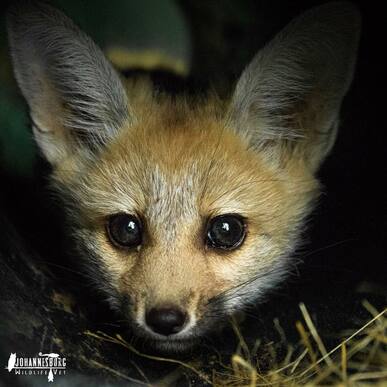
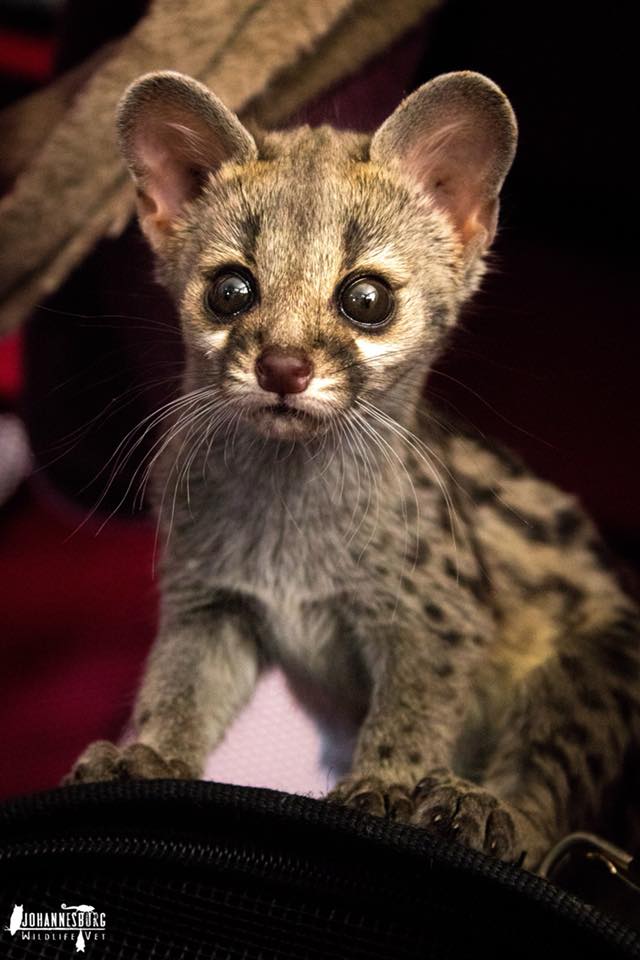
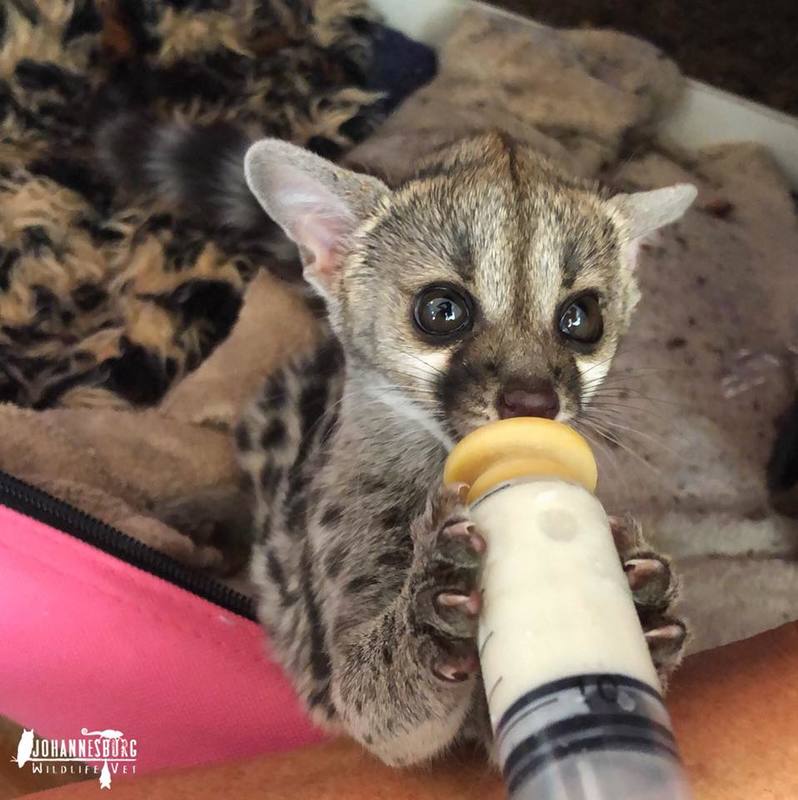
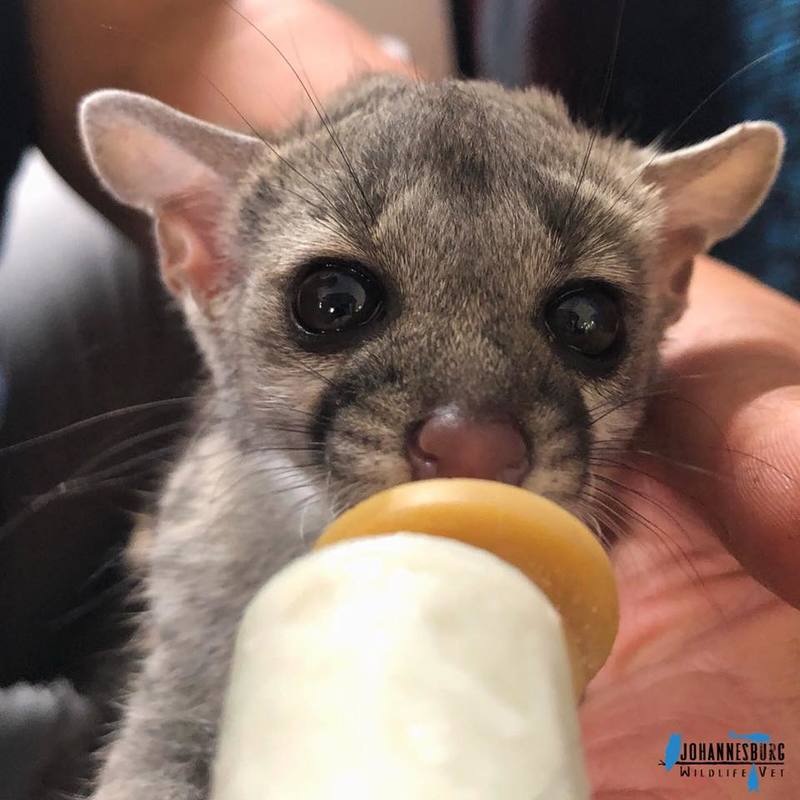
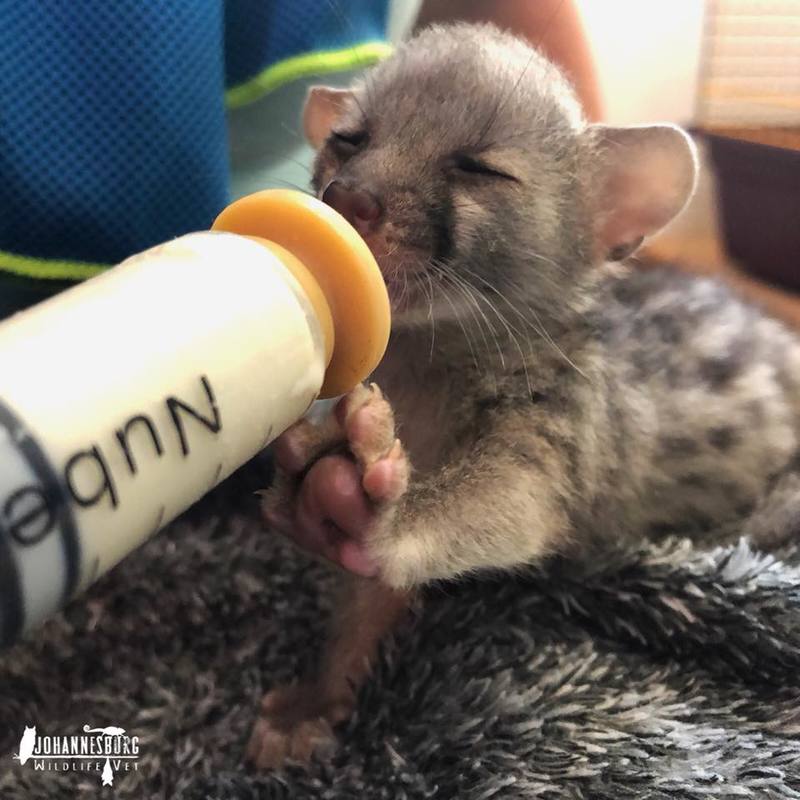
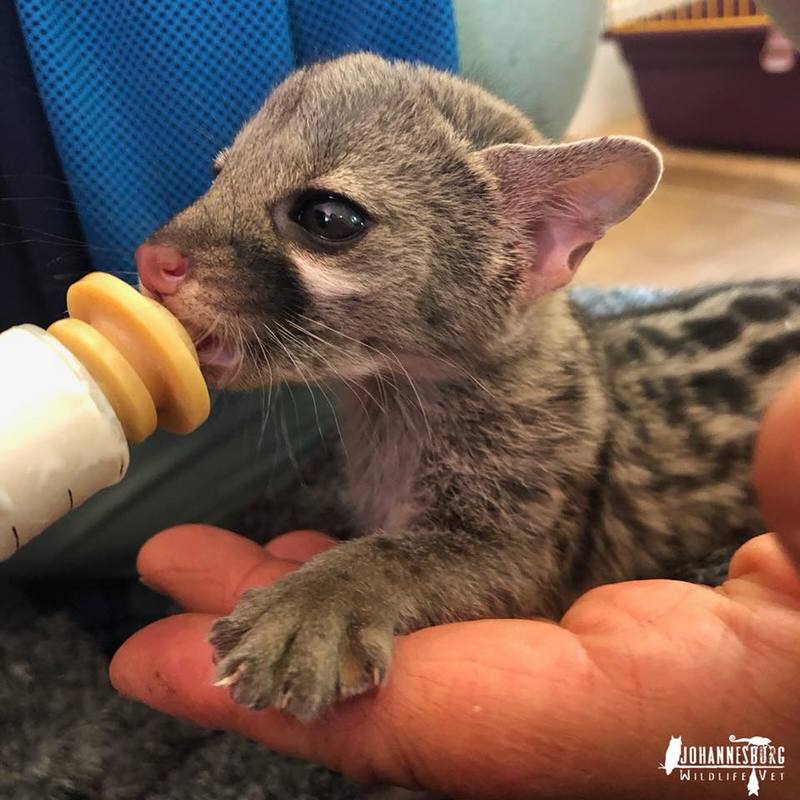
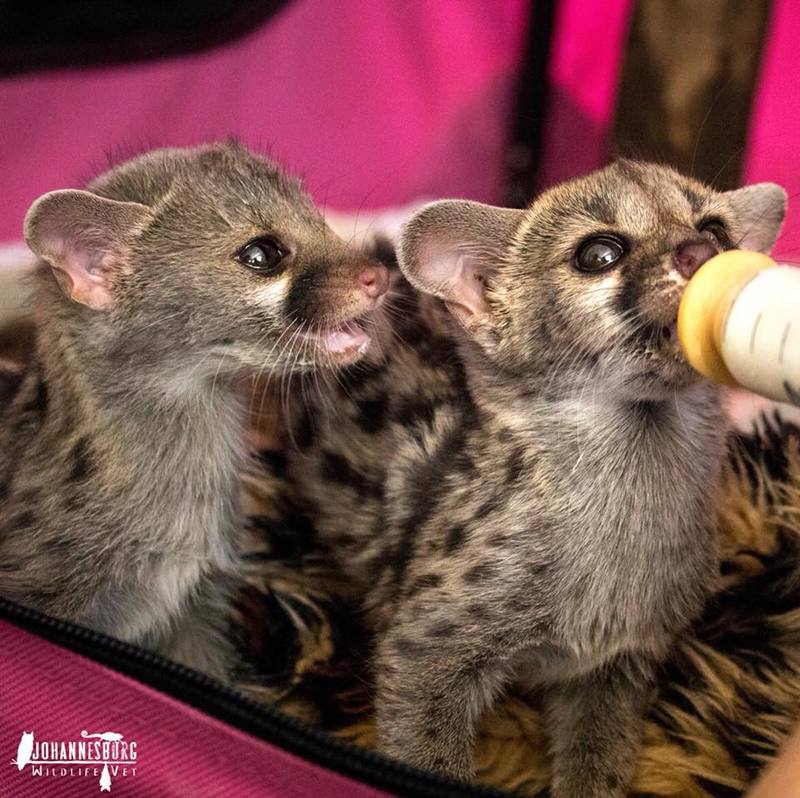
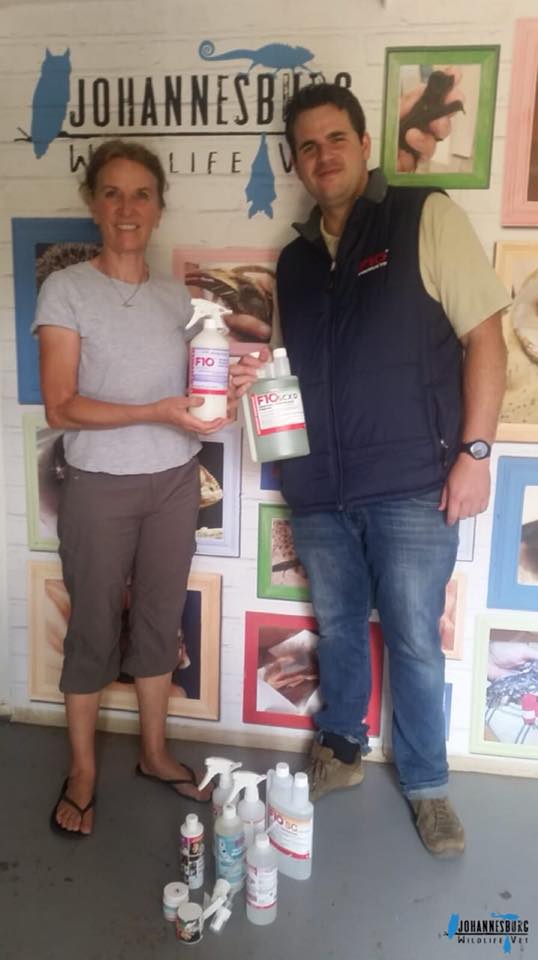
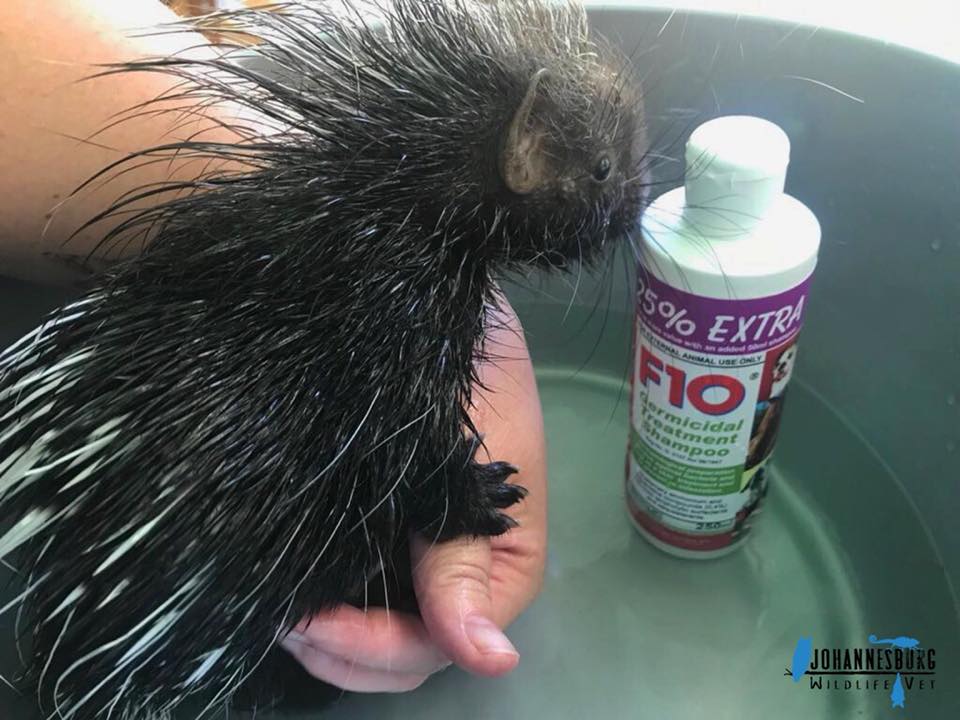
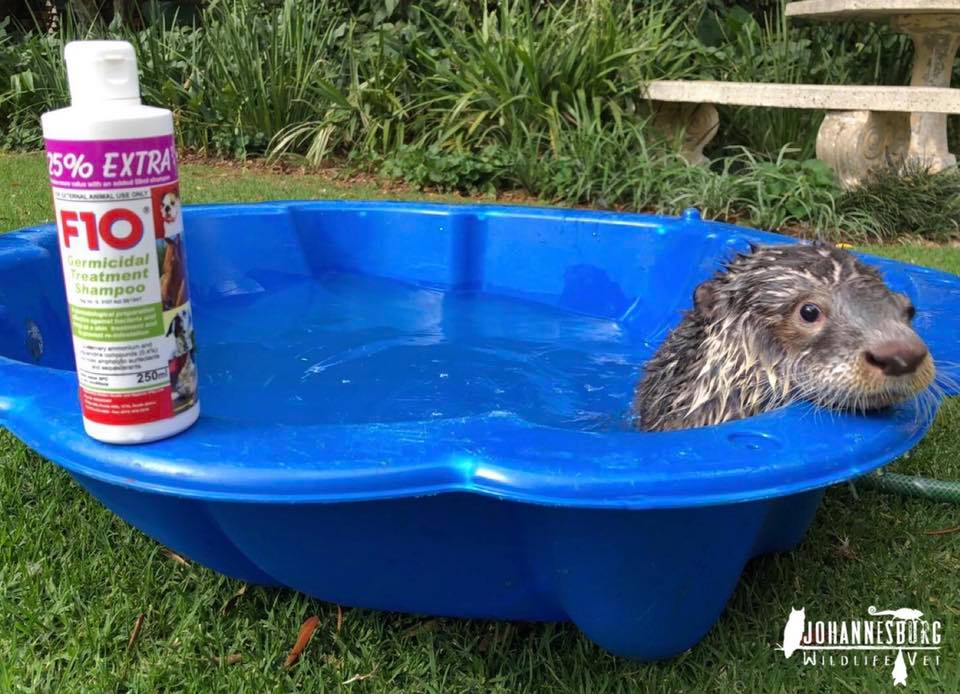
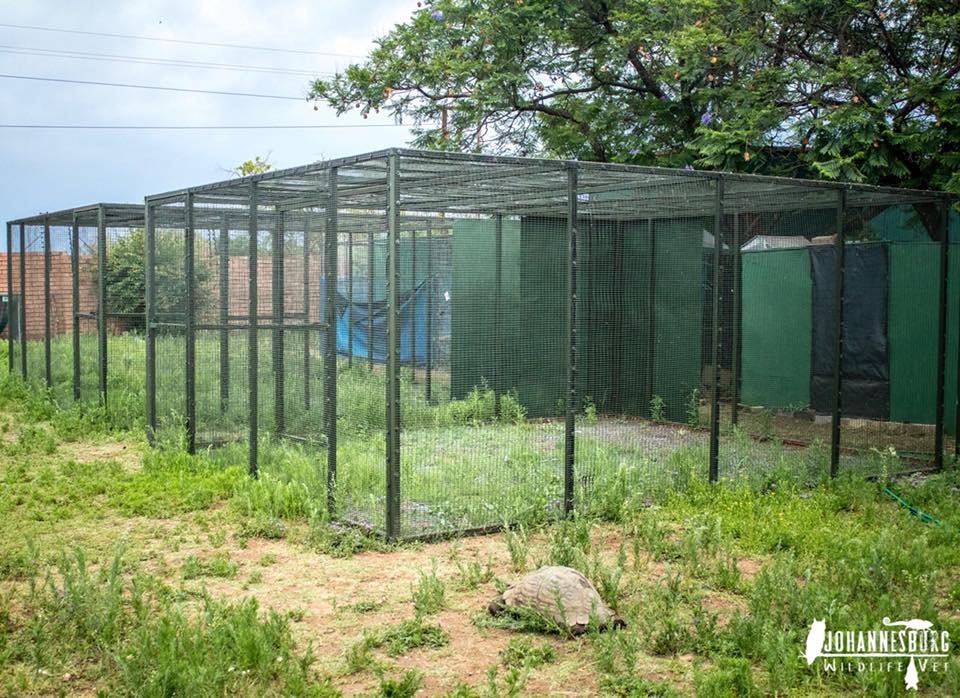
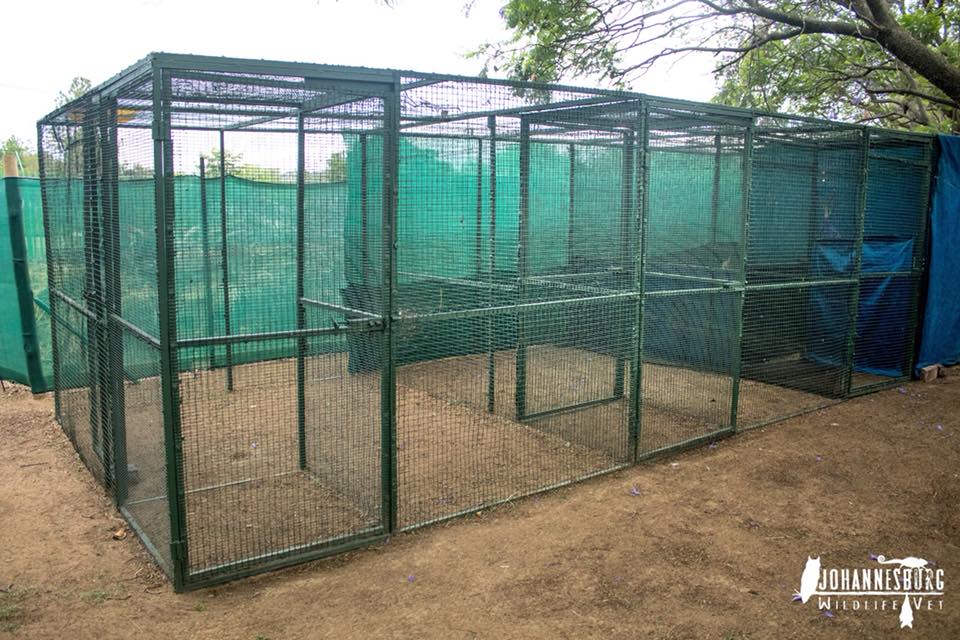
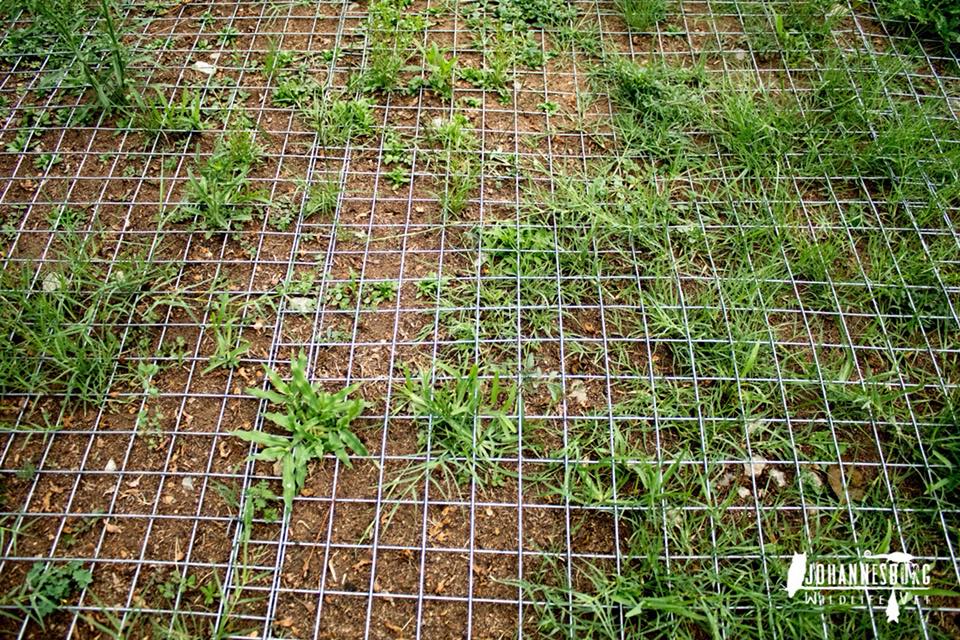
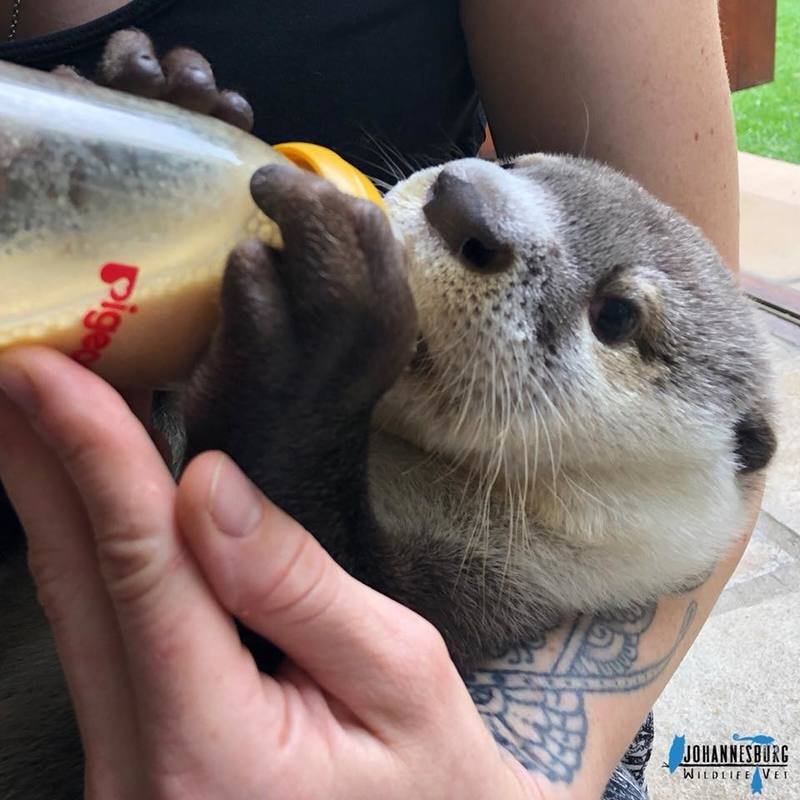
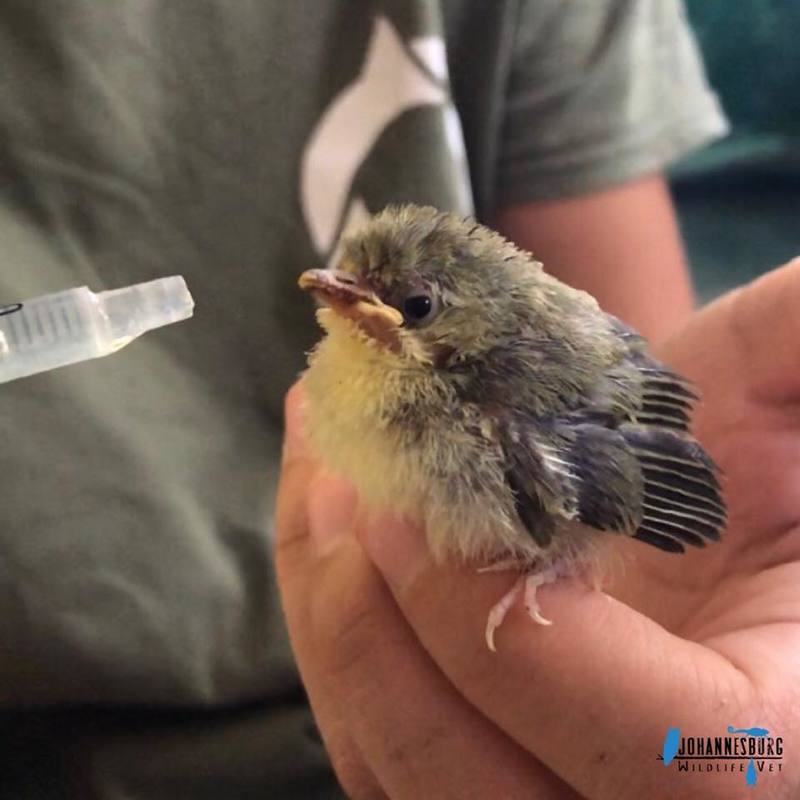
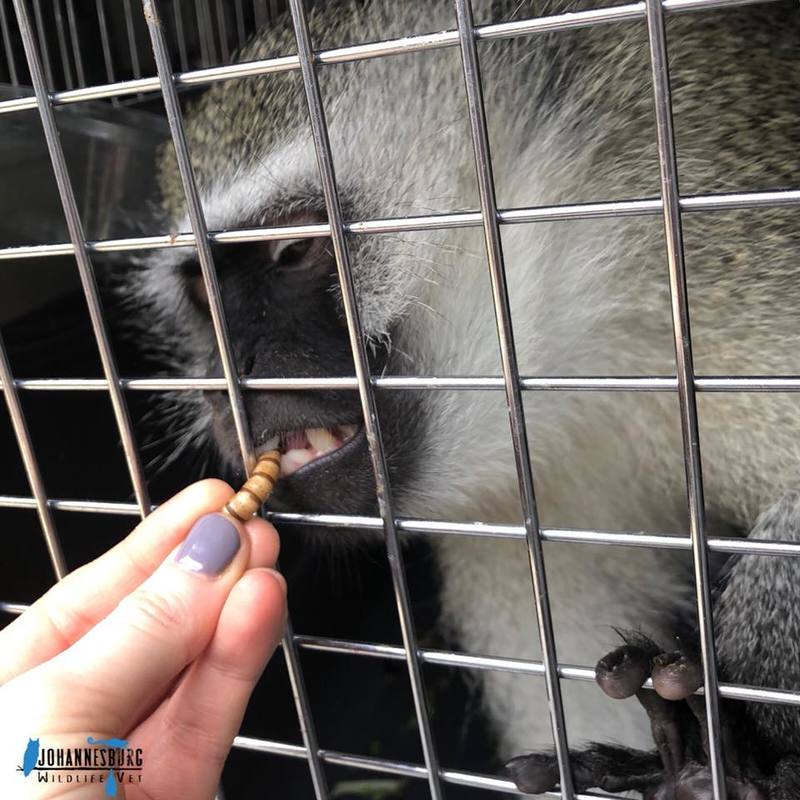
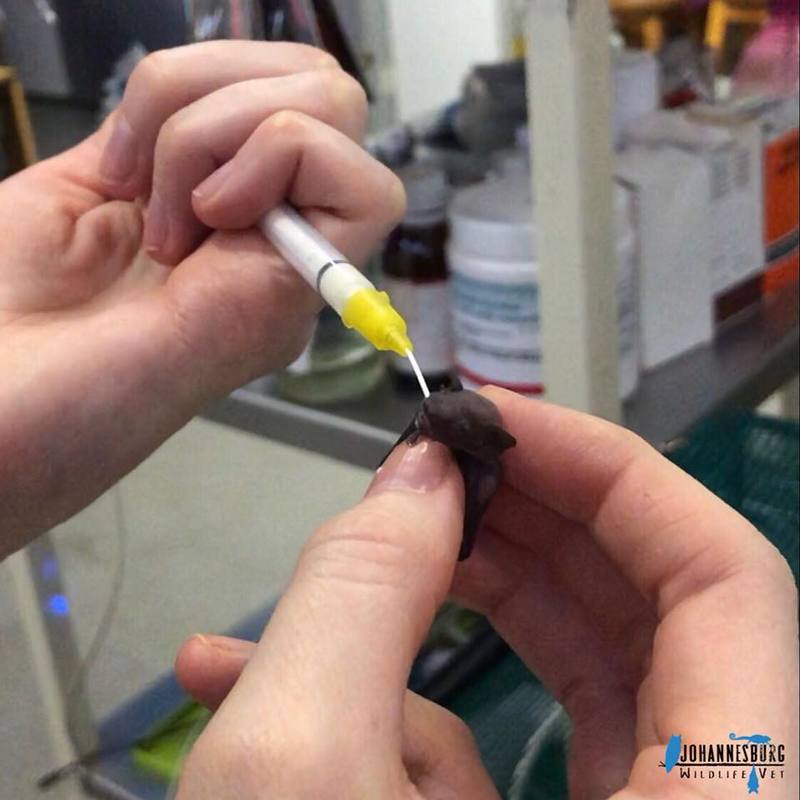
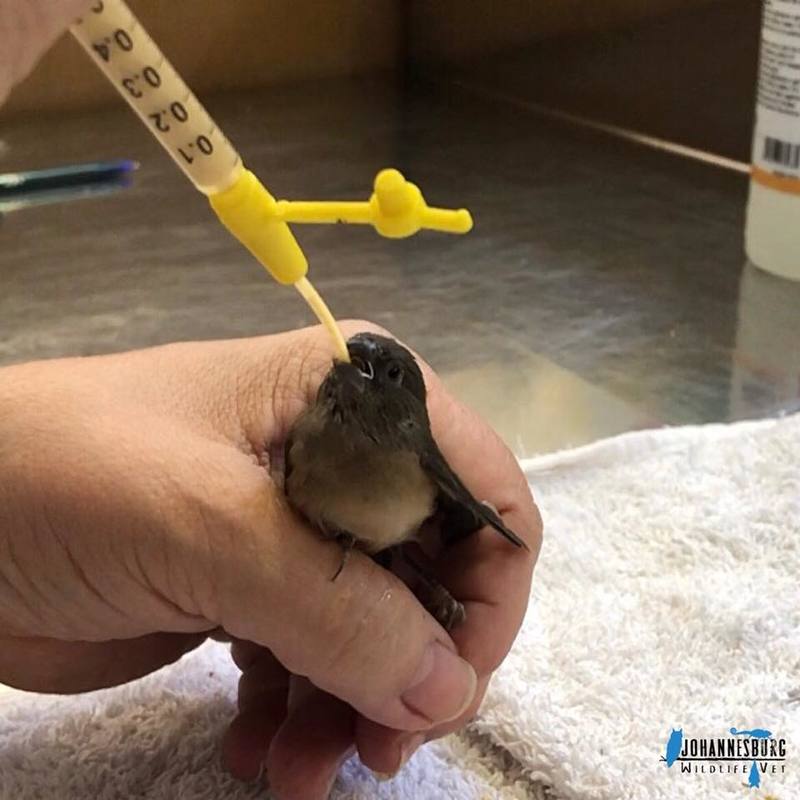
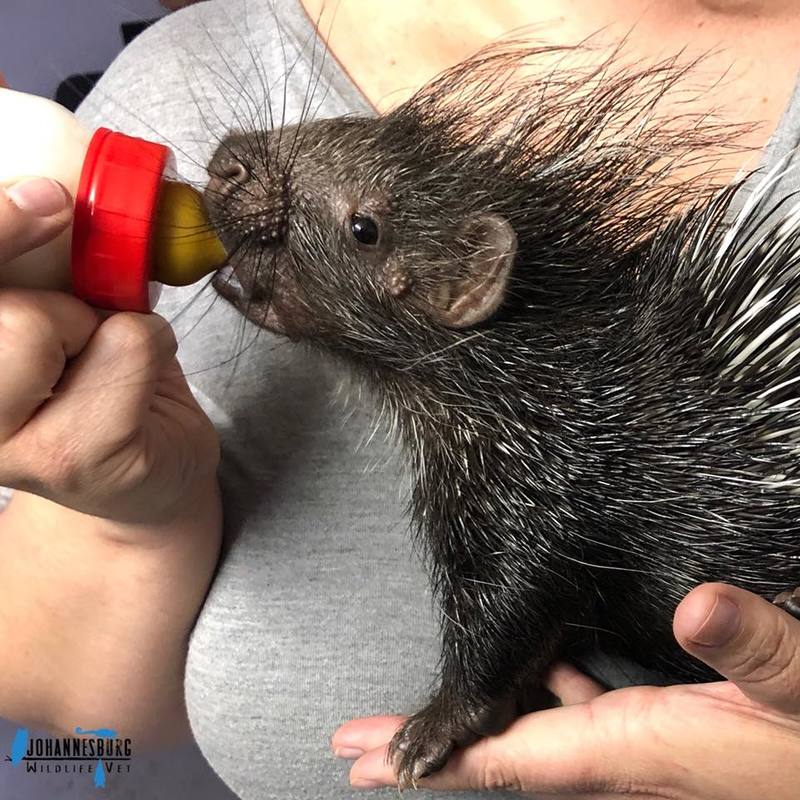
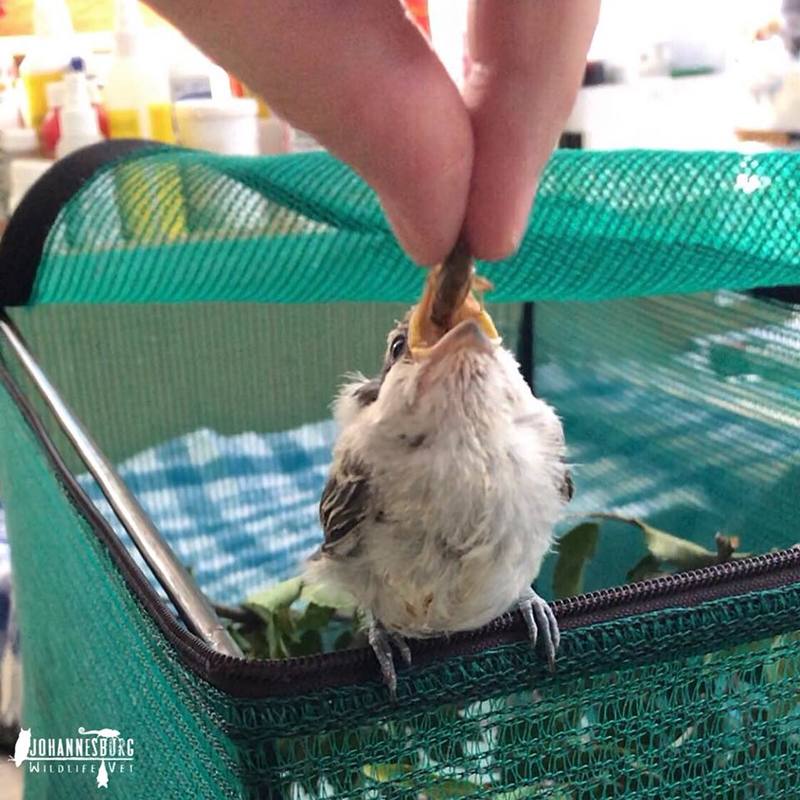
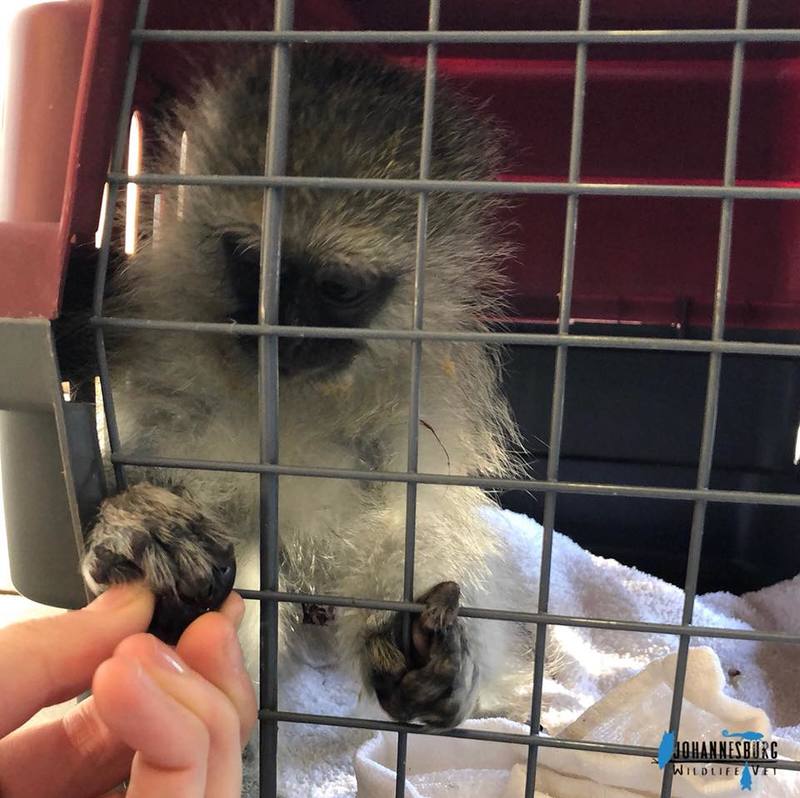
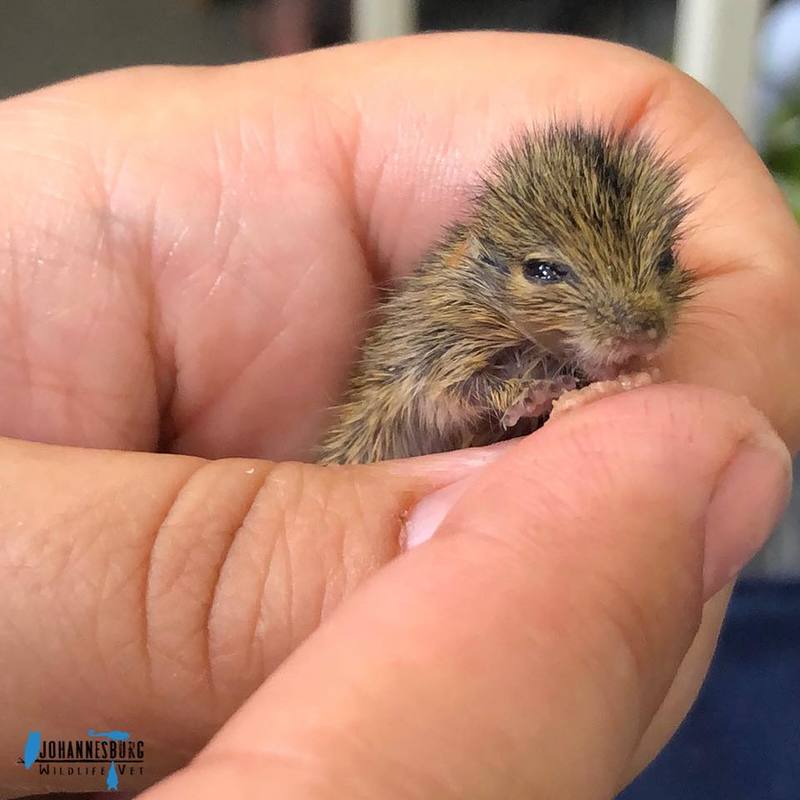
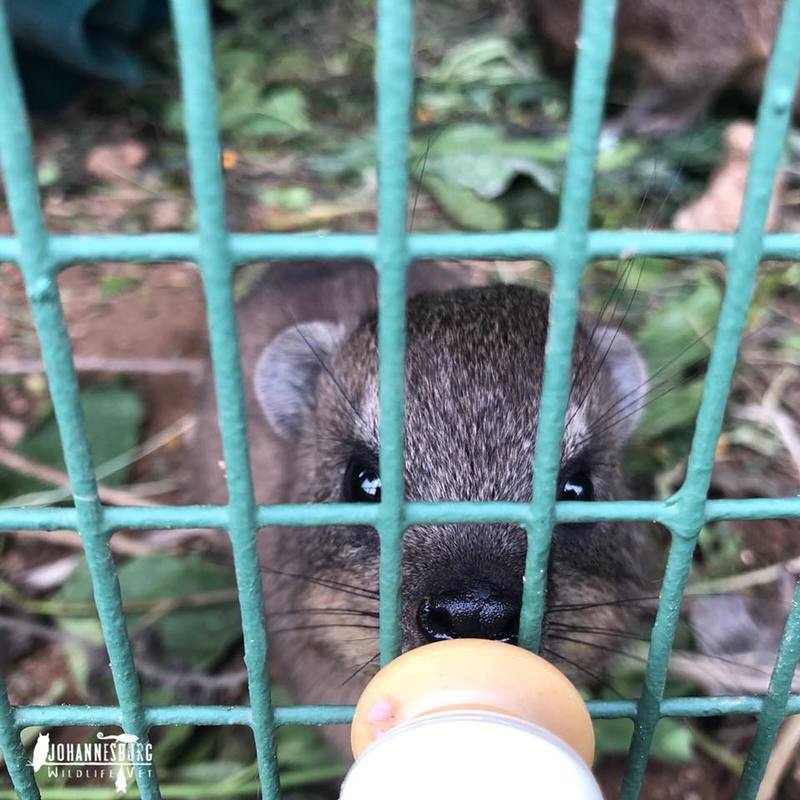
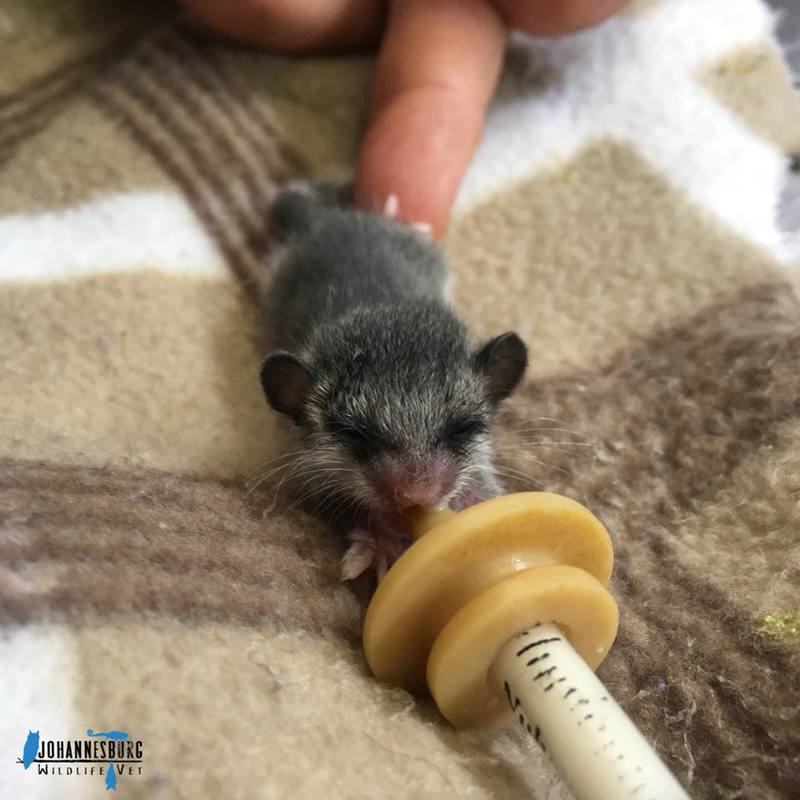
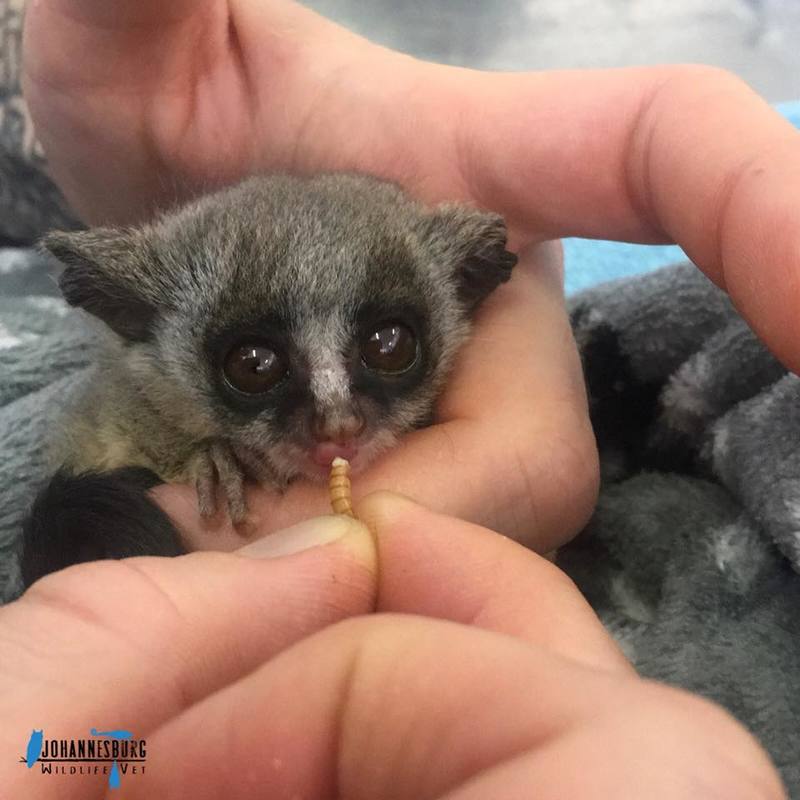
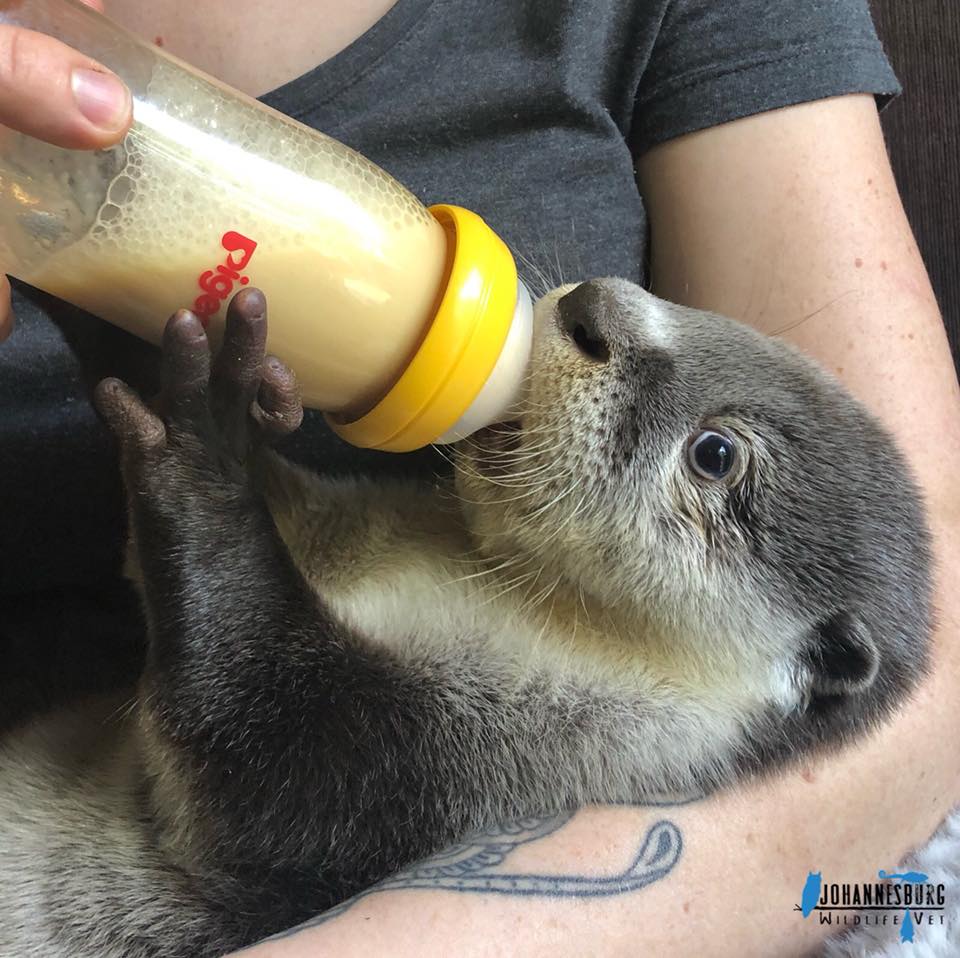
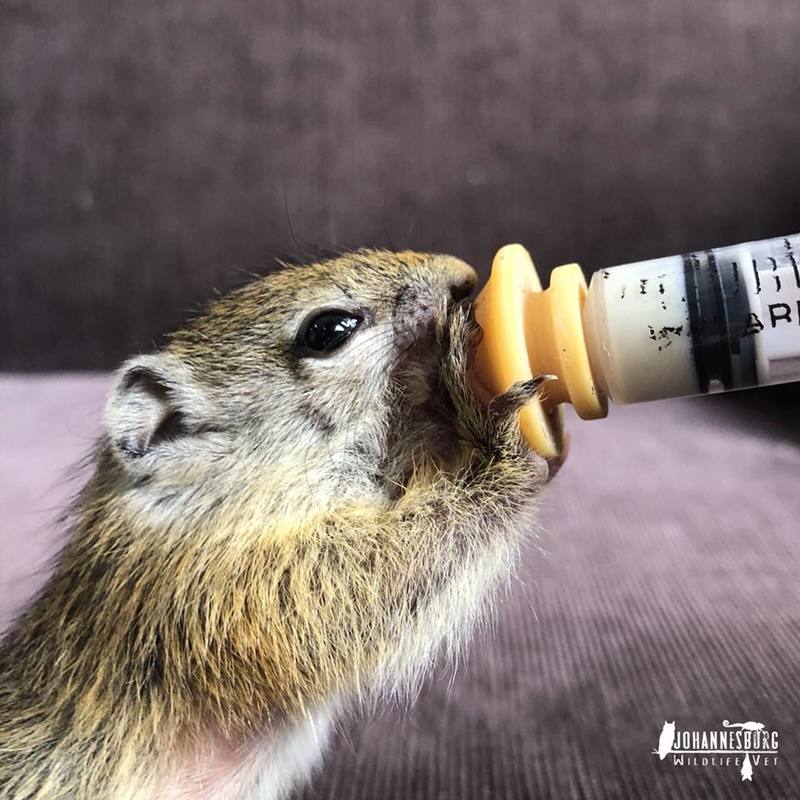
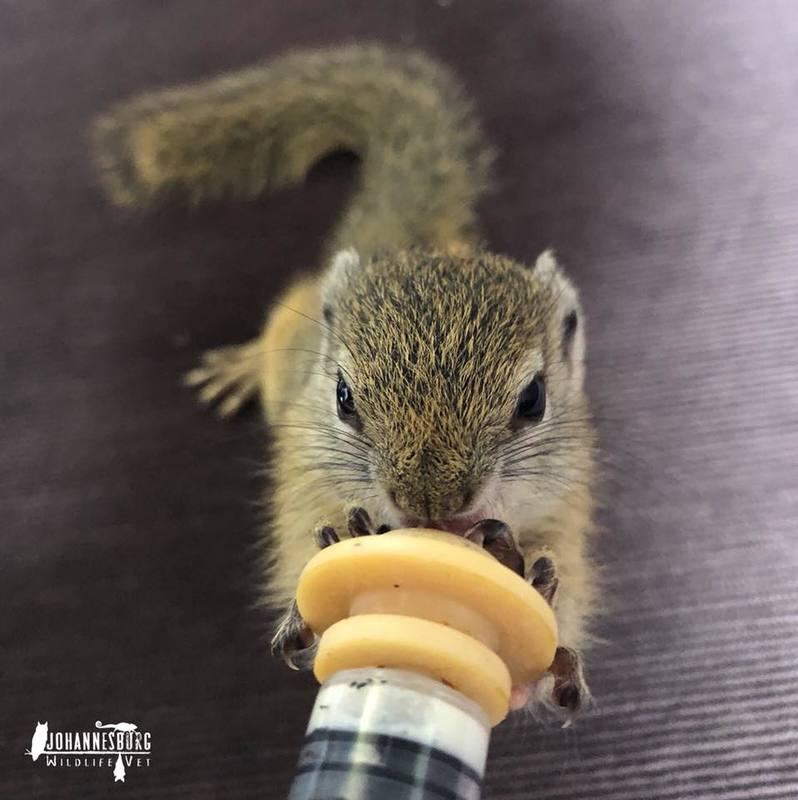
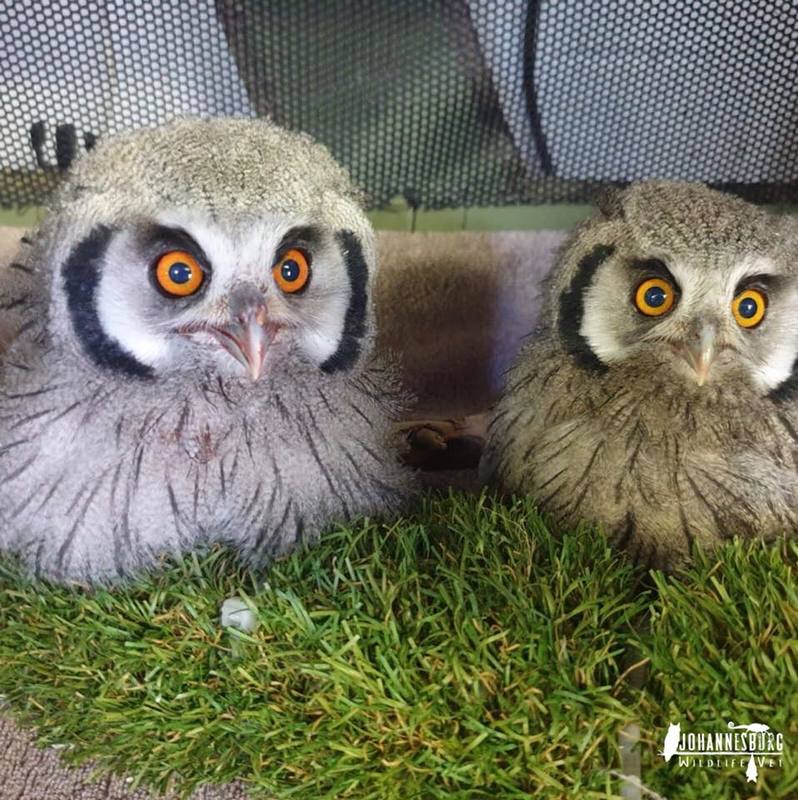
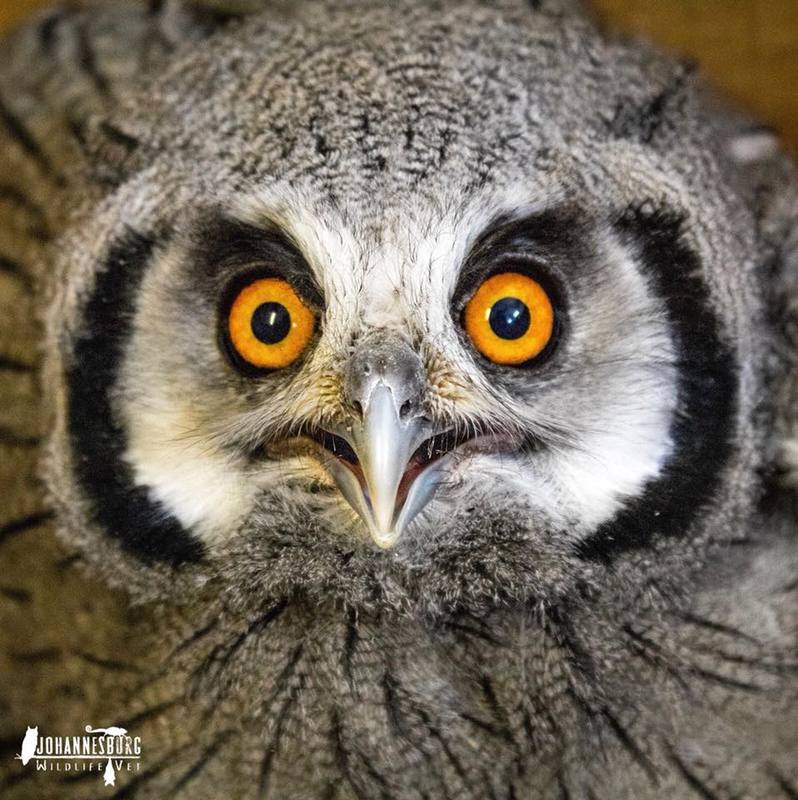
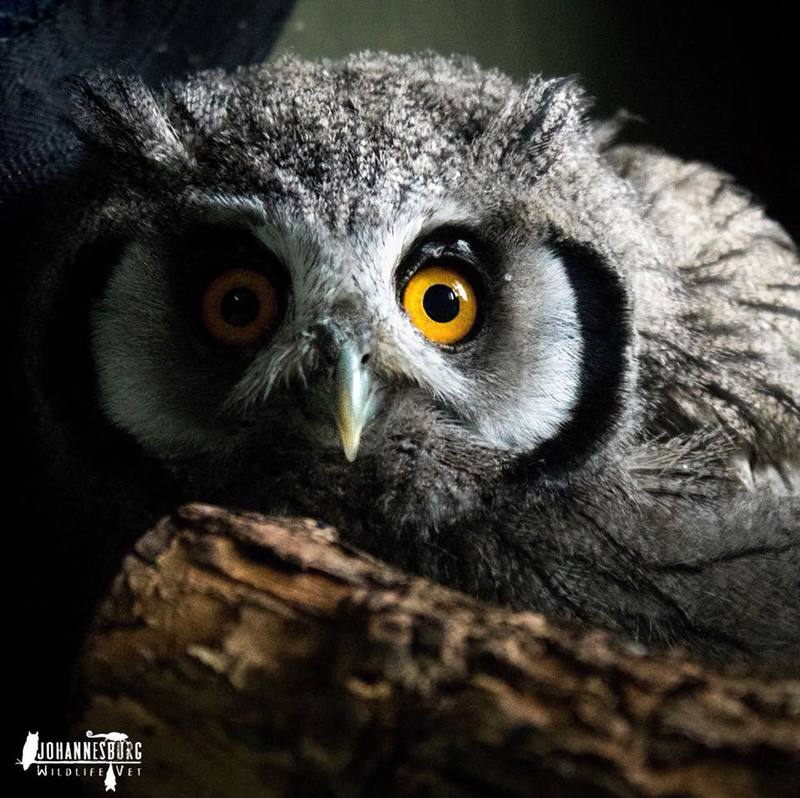
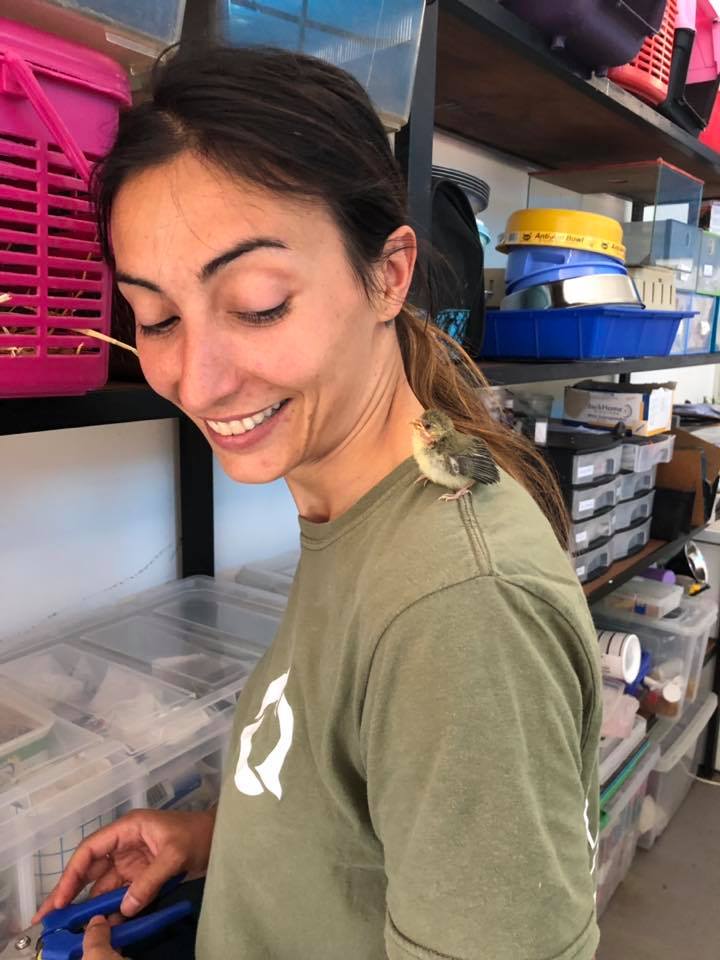
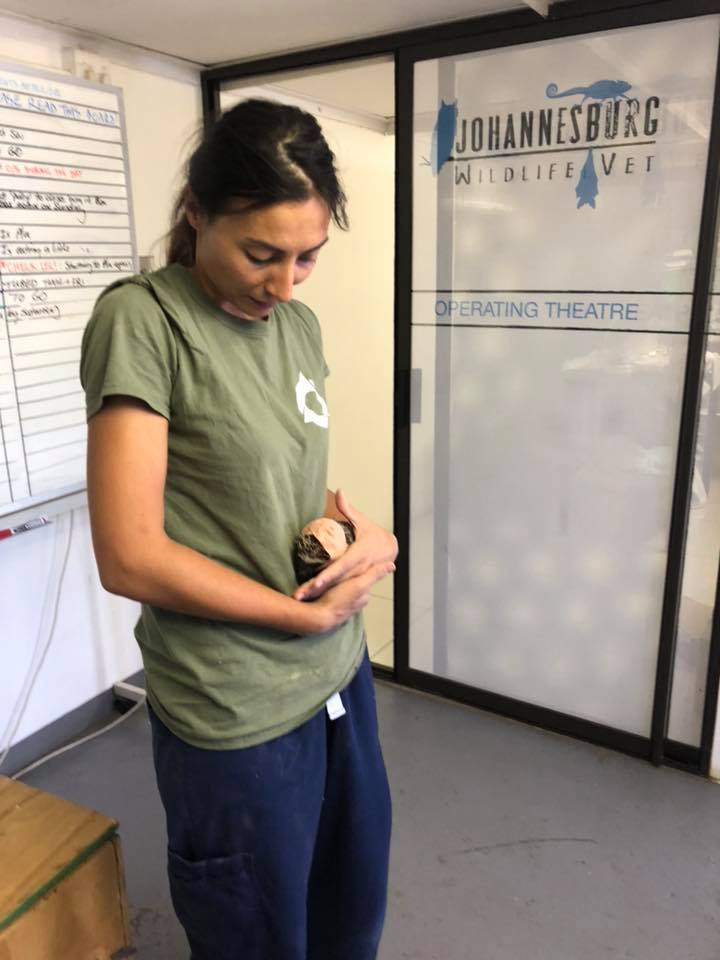
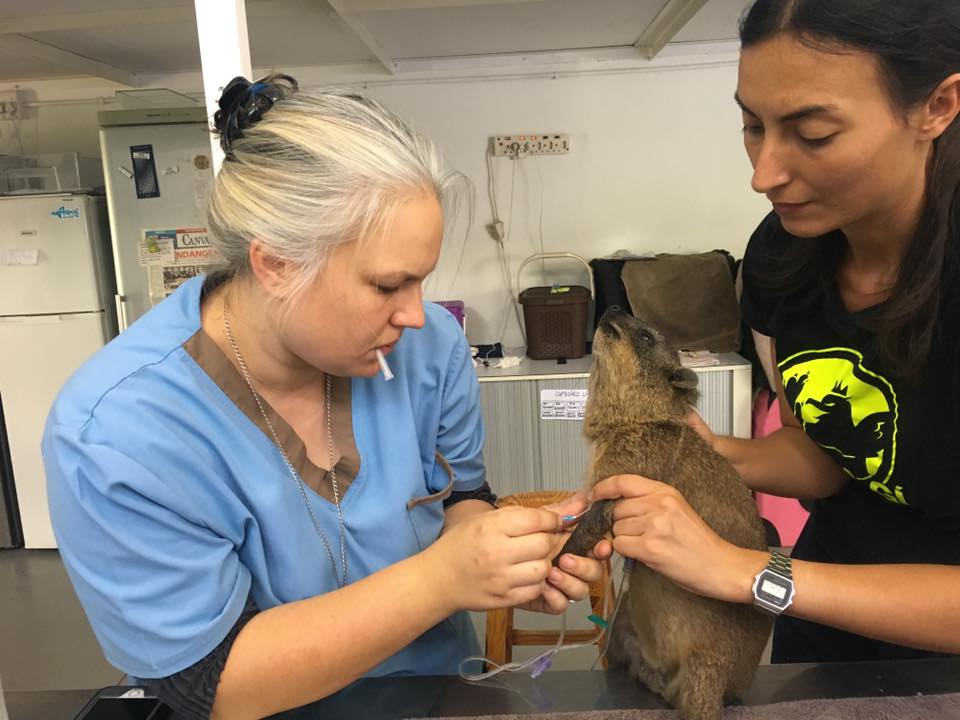
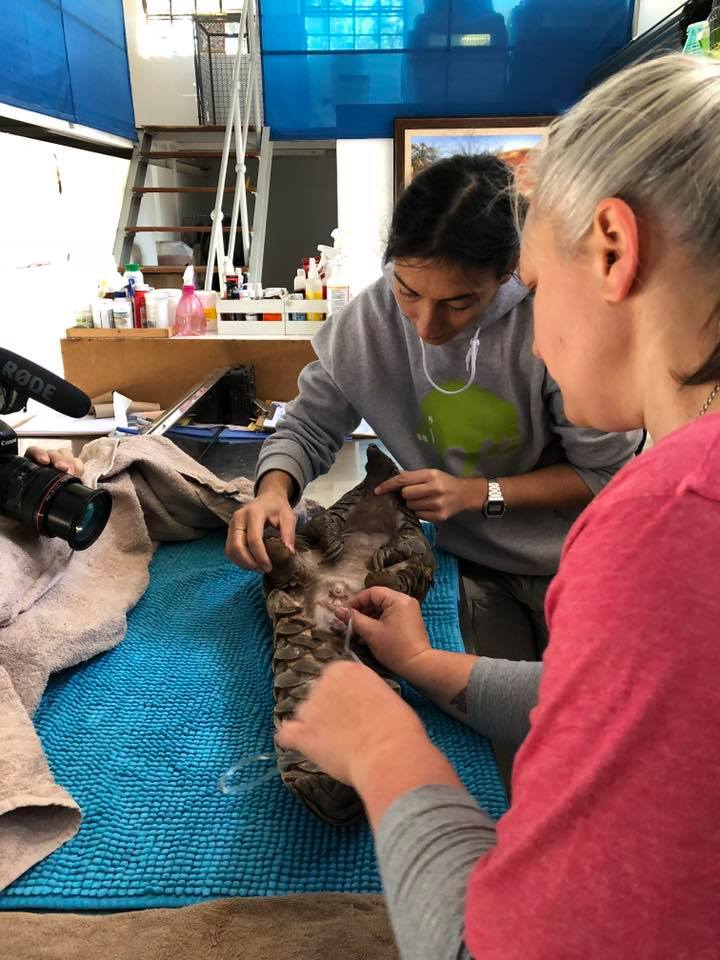
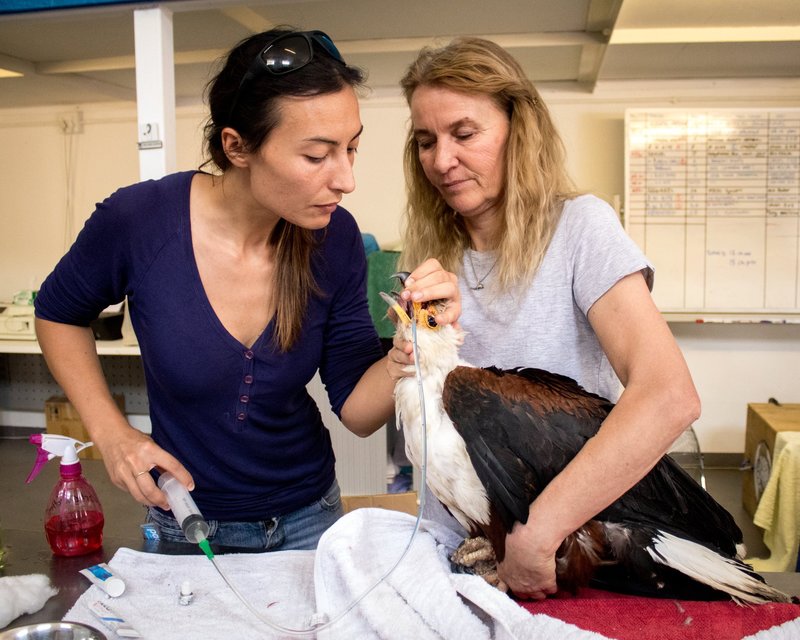
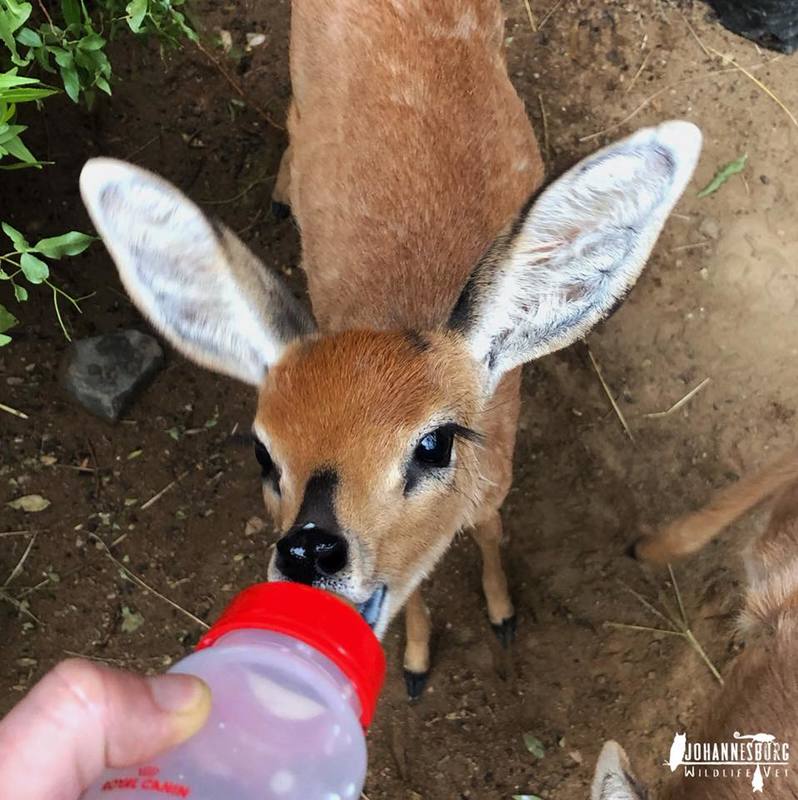
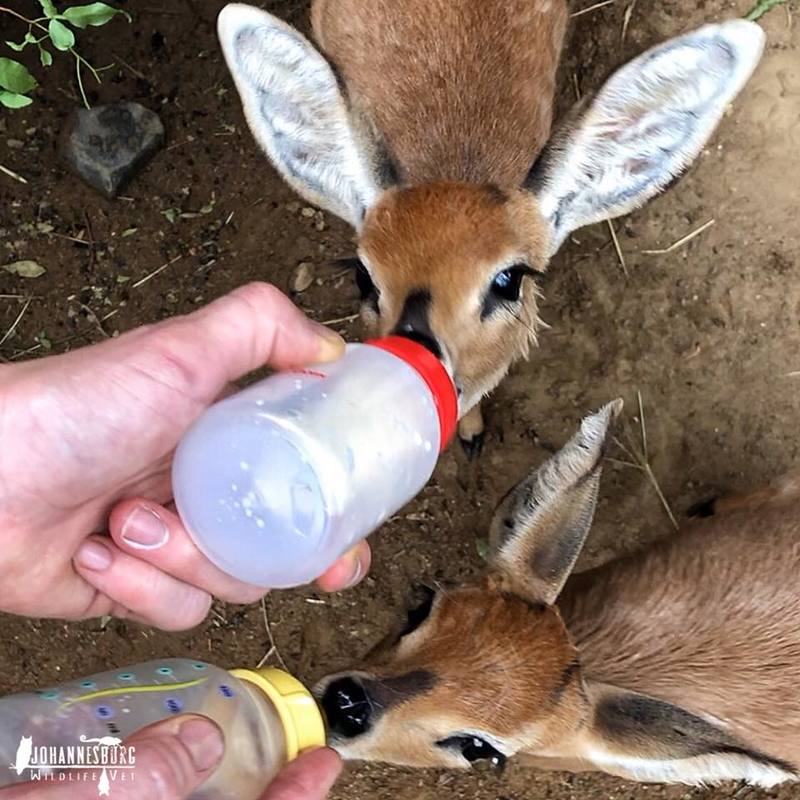
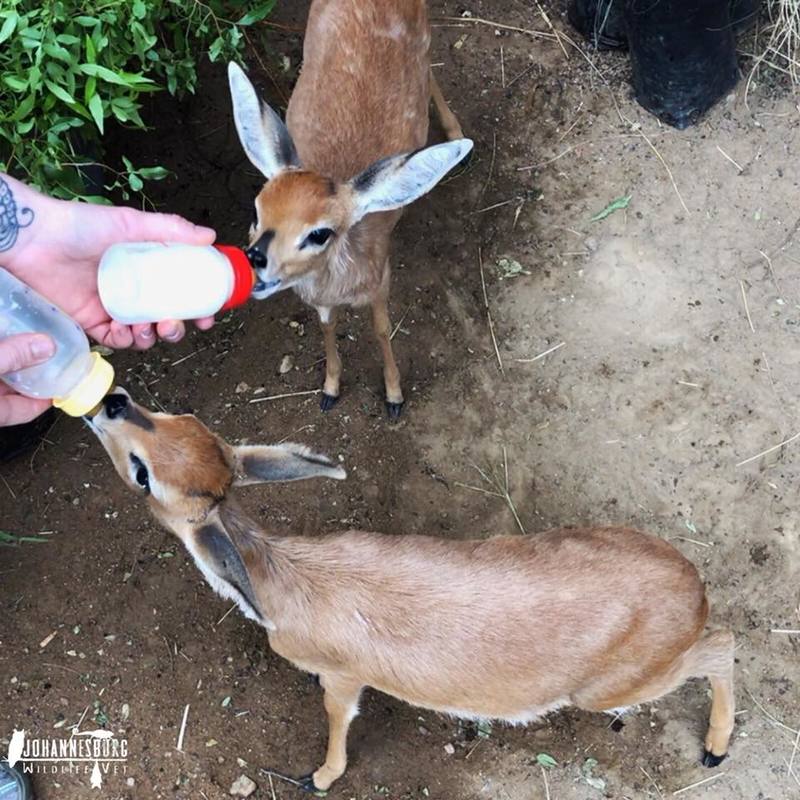
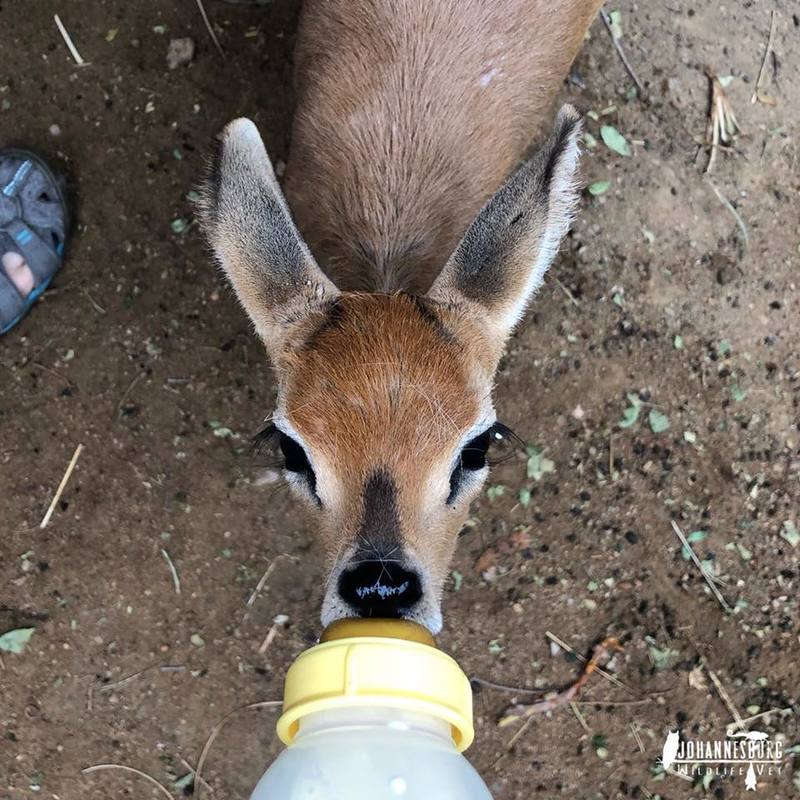
 RSS Feed
RSS Feed
